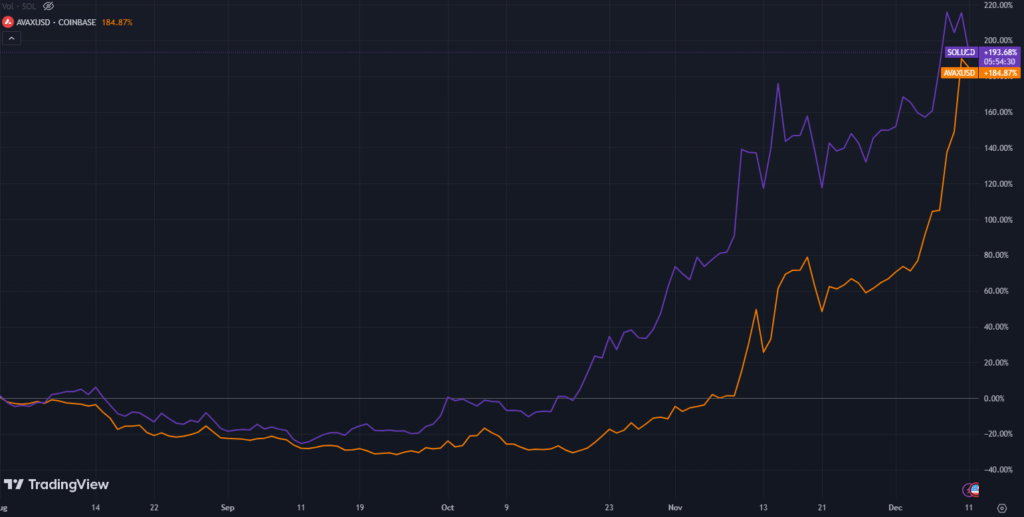Research Summary
The report discusses recent developments in the cryptocurrency and blockchain sectors in China and other Asian countries. It covers regulatory updates, including China’s approach to cryptocurrency regulation and online game transactions, Hong Kong’s readiness to accept applications for virtual asset spot ETFs, and South Korea’s plans to discuss virtual asset regulation with the SEC. The report also highlights the launch of the Palau Stablecoin program’s second phase and the reversal of Terra founder Do Kwon’s extradition approval.
Key Takeaways
China’s Approach to Cryptocurrency Regulation
- Regulatory Focus: The People’s Bank of China’s “China Financial Stability Report 2023” emphasizes the need to regulate cryptocurrency assets in proportion to their risk levels. The report aims to minimize regulatory data gaps, reduce regulatory fragmentation, and eliminate regulatory arbitrage.
- Online Game Transactions: The National Press and Publication Administration of China has released a draft stating that entities engaging in online game currency trading services should conduct transactions using real-name registered digital RMB wallets. Anonymous digital RMB wallet transaction services are not allowed.
Hong Kong’s Virtual Asset Spot ETFs
- Regulatory Readiness: The Securities and Futures Commission (SFC) of Hong Kong is ready to consider applications for approval, including those for funds involving virtual assets, such as Virtual Asset Spot Trading Exchange Traded Funds (Virtual Asset Spot Trading ETFs).
South Korea’s Virtual Asset Regulation
- Regulatory Discussion: The Chairman of the Financial Supervisory Service of South Korea, Lee Suk-hoon, plans to visit the U.S. Securities and Exchange Commission (SEC) to discuss the state of the virtual asset market and regulatory policy directions.
Palau Stablecoin Program
- Program Launch: The Ministry of Finance of Palau has officially launched the second phase of the Palau Stablecoin (PSC) program. The second phase will prioritize the development of the digital ecosystem, enhance user engagement, emphasize compliance with regulatory standards, and expand the partnership with Ripple.
Extradition of Terra Founder
- Extradition Reversal: The Appeals Court in Podgorica, Montenegro, has overturned the High Court’s decision to extradite Terra founder Do Kwon to South Korea or the United States. The reversal is based on procedural irregularities and lack of clarity.
Actionable Insights
- Understanding Regulatory Changes: Stakeholders in the cryptocurrency and blockchain sectors should stay updated on regulatory changes in different jurisdictions, as these can significantly impact their operations and investment decisions.
- Exploring New Opportunities: The launch of the second phase of the Palau Stablecoin program presents opportunities for businesses and investors to participate in the development of the digital ecosystem and engage with new technologies.
- Assessing Legal Risks: The reversal of Terra founder Do Kwon’s extradition approval highlights the importance of understanding and managing legal risks in the cryptocurrency and blockchain sectors.







